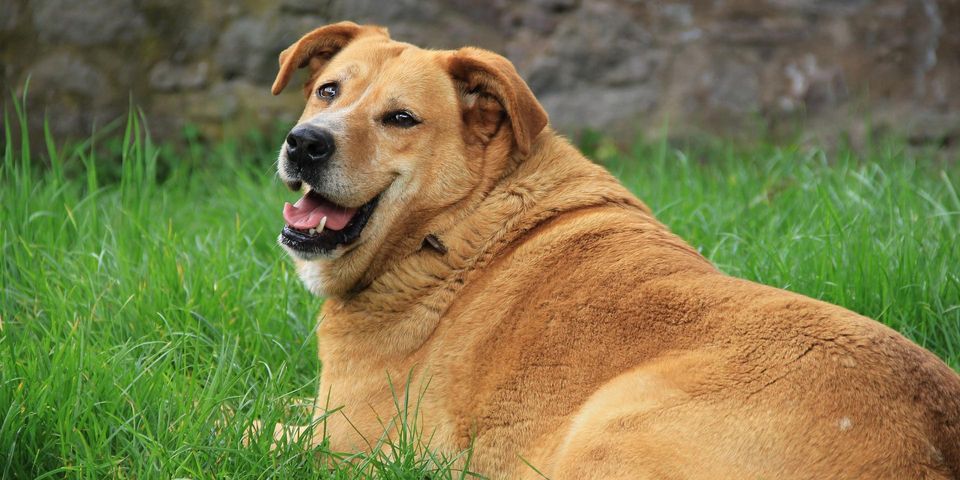
Pet obesity is a disease that has become increasingly prevalent in veterinary medicine. Obesity is a very important issue in the life of your furry loved one. An overweight pet is at increased risk for developing serious disorders. These include diabetes, arthritis, heart disease, kidney disease, cancer and more. A pet with an ideal body weight will live longer, have a better quality of life and be more active!
The Association for Pet Obesity Prevention (APOP) has created an online pet weight translator that allows pet owners to put in their pet’s breed and weight and it will show the equivalent of a human with that body condition score. We encourage you to take a look if you are concerned your pet may be overweight: https://petobesityprevention.org/pet-weight-translator/
To help your pet lose weight, the first thing to address is their nutrition. How much food are they getting each day? Do you use a measuring cup? Are they meal-fed or free-fed? How many treats do they get a day? What kind of treats? Do they get table scraps as well? Do they help clean up after a toddler’s meal? These can all contribute to an overweight animal. The doctors are easily able to determine the daily caloric needs of your pet and can provide measuring cups marked with those needs.
The second thing to address for weight loss is exercise! Walking, swimming, agility, chase, fetch and dog-park play are all great ways to exercise your dog. The common recommendation is that dogs need AT LEAST 30 minutes of physical activity daily to promote healthy weight, healthy joints and lean muscle. For cats, the recommendation is at least three 5-minute intense play sessions a day. This could be chasing a string, playing fetch, chasing a laser beam or playing with a sibling.
If you are unsure if your pet is overweight, come see us! We would love to help evaluate their health and come up with a plan of action to get them as healthy as possible! Happy New Year from all of us at Lillian Veterinary Hospital!
About the Business
Have a question? Ask the experts!
Send your question

